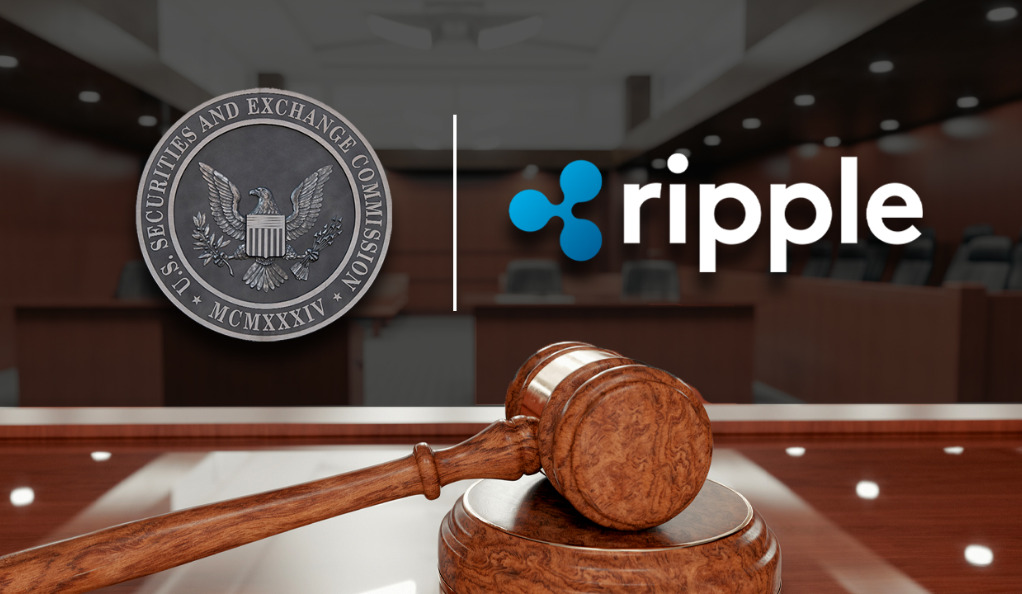The recent Ripple ruling has sent shockwaves through the cryptocurrency industry, sparking concerns about the future of regulatory enforcement. Ripple, the company behind the digital currency XRP, has been embroiled in a legal battle with the U.S. Securities and Exchange Commission (SEC) over whether XRP should be classified as a security. In June 2021, the SEC won a significant victory when a federal judge ruled that XRP is indeed a security, effectively labeling Ripple’s activities as illegal. This landmark ruling has far-reaching implications for the broader cryptocurrency market, as it sets a precedent for how regulatory agencies may interpret and enforce existing laws.

Implications and Considerations
- Increased Regulatory Scrutiny: The Ripple ruling is likely to lead to increased regulatory scrutiny within the cryptocurrency industry. With the classification of XRP as a security, other cryptocurrencies and blockchain projects may also come under closer inspection by regulatory agencies. This ruling establishes a precedent that could prompt regulators to carefully evaluate whether certain cryptocurrencies have violated securities laws by selling tokens without registering them as securities. Consequently, companies operating in the crypto space must ensure compliance with existing regulations and be prepared for stricter enforcement in the future.
- Clarity on Regulatory Framework: The Ripple ruling offers much-needed clarity on the regulatory framework surrounding cryptocurrencies. As the cryptocurrency market continues to grow and evolve, regulatory agencies have struggled to keep up with the pace of innovation. This ruling provides guidance on how existing securities laws can be applied to digital assets, indicating that certain cryptocurrencies may indeed fall under securities regulations. This clarity is essential for both industry participants and regulators, as it helps establish boundaries and expectations for compliance with existing laws.
- Market Impact and Investor Confidence: The Ripple ruling has already had a significant impact on the market, with the price of XRP plummeting immediately after the decision. This ruling may trigger a more cautious approach from investors, as they may question the legality and regulatory compliance of other cryptocurrencies. However, it could also improve investor confidence in the long term. With greater regulatory oversight and enforcement, investors may feel more protected, leading to increased trust and participation in the cryptocurrency market. This ruling serves as a reminder to market participants that regulatory compliance is crucial for sustainable growth and mainstream adoption of cryptocurrencies.
The Ripple ruling has undoubtedly sparked a new era of regulatory enforcement within the cryptocurrency industry. As regulatory agencies gain more clarity on how existing laws apply to digital assets, companies operating in this space must adapt and ensure compliance with these evolving regulations. While this ruling may initially create uncertainty and market volatility, the long-term implications could lead to a more mature and regulated cryptocurrency market. As the industry continues to evolve, market participants must stay vigilant and navigate the changing regulatory landscape to ensure the future success of cryptocurrencies.
Ainu Token aims to offer impartial and trustworthy information on cryptocurrency, finance, trading, and shares. However, we don't provide financial advice and recommend users to conduct their own studies and thorough checks.



Comments (No)